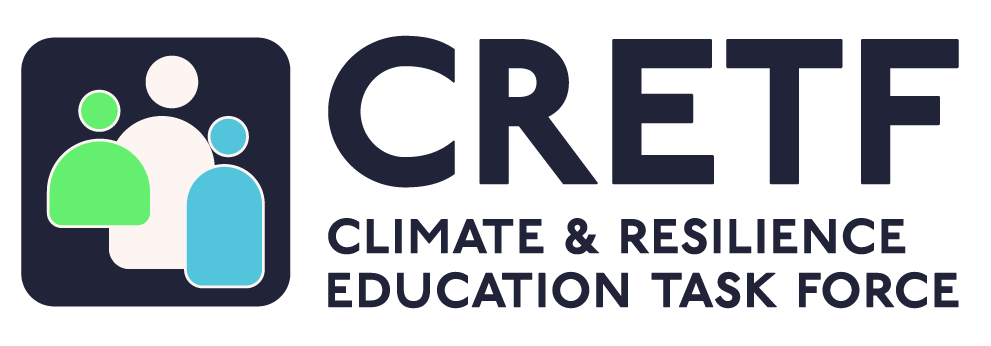Register:
https://us02web.zoom.us/webinar/register/WN_cP7C2k5-Q76dGOeFfS0W1A#/registration
Join Climate Mental Health Network and NEEF on Tuesday, March 25 at 6:30 p.m. ET for the launch of the first evidence-based, teacher-tested resources for middle school educators to address the emotional impacts of climate change. At our launch webinar, you will:
Learn about the research behind the resources
Get first access to the FREE Climate Emotions Toolkit
Hear from teachers who have used it and the team that created it
These resources were developed based on a three-year program of work, including a nationwide research study to understand the experiences and needs of middle school teachers and their students. Informed by that research, we developed a comprehensive set of resources to support both student and teacher mental health. A nationwide pilot confirmed its effectiveness, with middle school teachers across the US testing the resources in their classrooms.
Key findings from our research:
83% of teachers said their school community had been impacted by an extreme weather event.
98% of teachers said they have encountered emotional reactions from students when teaching about climate change.
The majority of teachers felt unequipped to help students cope with the mental health impacts of climate disasters.
Teachers overwhelmingly recommend the resources we developed for addressing climate emotions—100% of teachers said they’d recommend the toolkit to a colleague.
Here’s what they’re saying:
“The toolkit provided a wealth of valuable resources that made it highly effective for addressing both the cognitive and emotional challenges of teaching climate change.” (California teacher)
“The activities got my students thinking about their emotions in a very productive and meaningful way. They also made it easy to lead good discussions and help me understand each individual student better.” (New Jersey teacher)
“The lesson plans were aligned with our science standards. The activities were easy, short and effective.” (Florida teacher)
